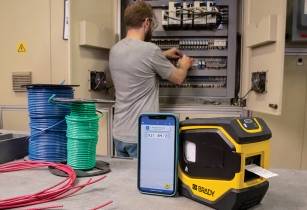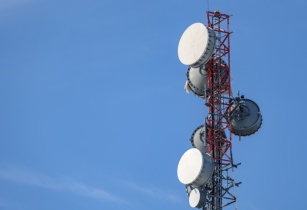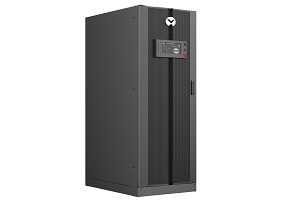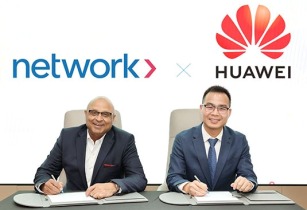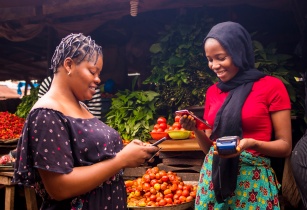From bank-led models in competitive and more sophisticated markets to solutions enabling basic financial transactions for the masses in less developed regions, which are necessary for the fabric and socio-economic progress of rural communities to prosper - mobile money is big in Africa. Tim Guest looks at the latest developments
m-Banking, m-Commerce, m-Payments, m-Money, Africa – well perhaps not every market - has them all and has embraced the concept of mobile finance in all its guises with gathering enthusiasm and need for many years to the point that several markets can pretty much regard themselves as the experts in the field. M-Pesa, for example, has really done wonders for millions of people since it was launched seven years ago in Kenya by mobile operator, Safaricom, in which Vodafone holds a 40 per cent stake. The service allows people to manage bank accounts and routine financial transactions, such as depositing, withdrawing and transferring money using basic text messaging on simple feature phones - no smartphones required. To say M-Pesa has been a runaway success in Kenya is an understatement but even so, Vodafone’s announcement on the last day of March this year that it will be launching its M-Pesa mobile payments service in Romania, seven years after the Kenyan launch, is a turn-up for the books. Michael Joseph, Vodafone’s director of Mobile Money, was quoted in a statement saying, “Vodafone M-Pesa is already used regularly by nearly 17mn customers.” Since its launch it has fluorished in East Africa – Kenya – and, operated by Vodacom subsidiaries, is also now in use in South Africa, Democratic Republic of Congo, Egypt, Lesotho, Mozambique, Tanzania and Uganda. Beyond Africa it is also operating in Afghanistan, Fiji and India.
Though M-Pesa has had things all its own way for some time it is now facing a new kid on the block in the form of Bharti’s mobile money service - Airtel Money - which was rolled out late last year in nine countries. Bharti partnered with pan-African banking group Ecobank and people in Burkina Faso, Chad, Democratic Republic of Congo, Ghana, Niger, Zambia, Kenya, Gabon and Sierra Leone can now use the system.
And yet not all African markets are advancing at the same pace in the mobile money sector. At last year’s MobileMoneyExpo in Lagos, for example, the country’s need for a Mobile Money Transfer system was underpinned by the fact that more than 70mn of the country’s 177mn population have no access to financial or banking services of any kind.
One of the problems holding the Nigerian market back is that mobile operators are unable to obtain banking licences and must rely on partnerships of one kind or another with the banking community, something Safaricom with its M-Pesa did not need. What is needed in the Nigerian landscape is to bring operators much closer to the banking process and only with regulatory changes to allow this will the mobile money picture in Nigeria improve for the millions who remain without banking services.









